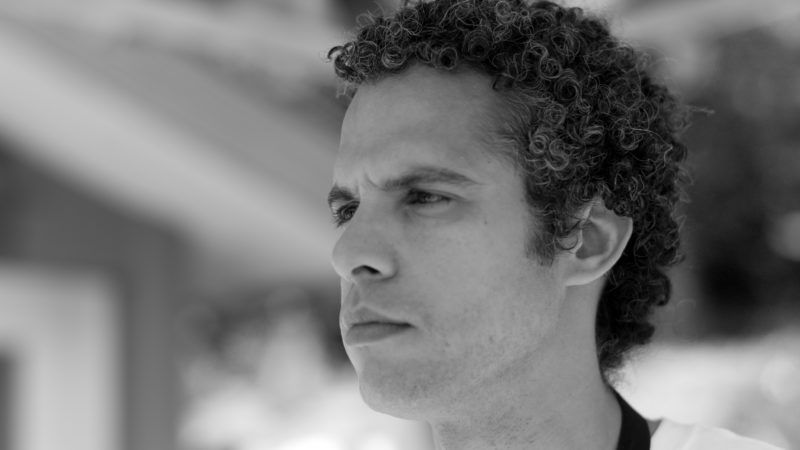How Protests Over George Floyd's Death and Police Brutality Could Help Trump Win Reelection
Princeton political scientist Omar Wasow says violent protests helped Richard Nixon win the presidency in 1968.

In the wake of the police killing of George Floyd in Minneapolis, protests have erupted around the country. Some of these have turned violent and resulted in injuries to citizens and police as well as looting and property damage.
Cities have implemented curfews and other restrictions on movement, further stoking tensions that were already present due to the coronavirus lockdown, the start of summer, and a 15 percent unemployment rate.
The last time the nation faced this level of social unrest was 1968, the year that Martin Luther King Jr. and Robert F. Kennedy were assassinated.
To help us make sense of the current moment and figure out where it could lead, Nick Gillespie spoke with Omar Wasow, a political scientist at Princeton, who has studied how protests of the 1960s affected public opinion, social discourse, and voting patterns.
Will today's protests make policing reform more or less likely? Is it possible that violence in the streets will boost Donald Trump's reelection chances—just as events in 1968 helped put Richard Nixon in the White House?
Wasow's research also looks at the nature of police misconduct, analyzing whether headline-grabbing incidents such as the horrific killings of Eric Garner and Tamir Rice are the result of a few bad apples or a systemic problem with law enforcement in minority communities.
Audio production by Ian Keyser.
Photo: Joi Ito


Show Comments (56)